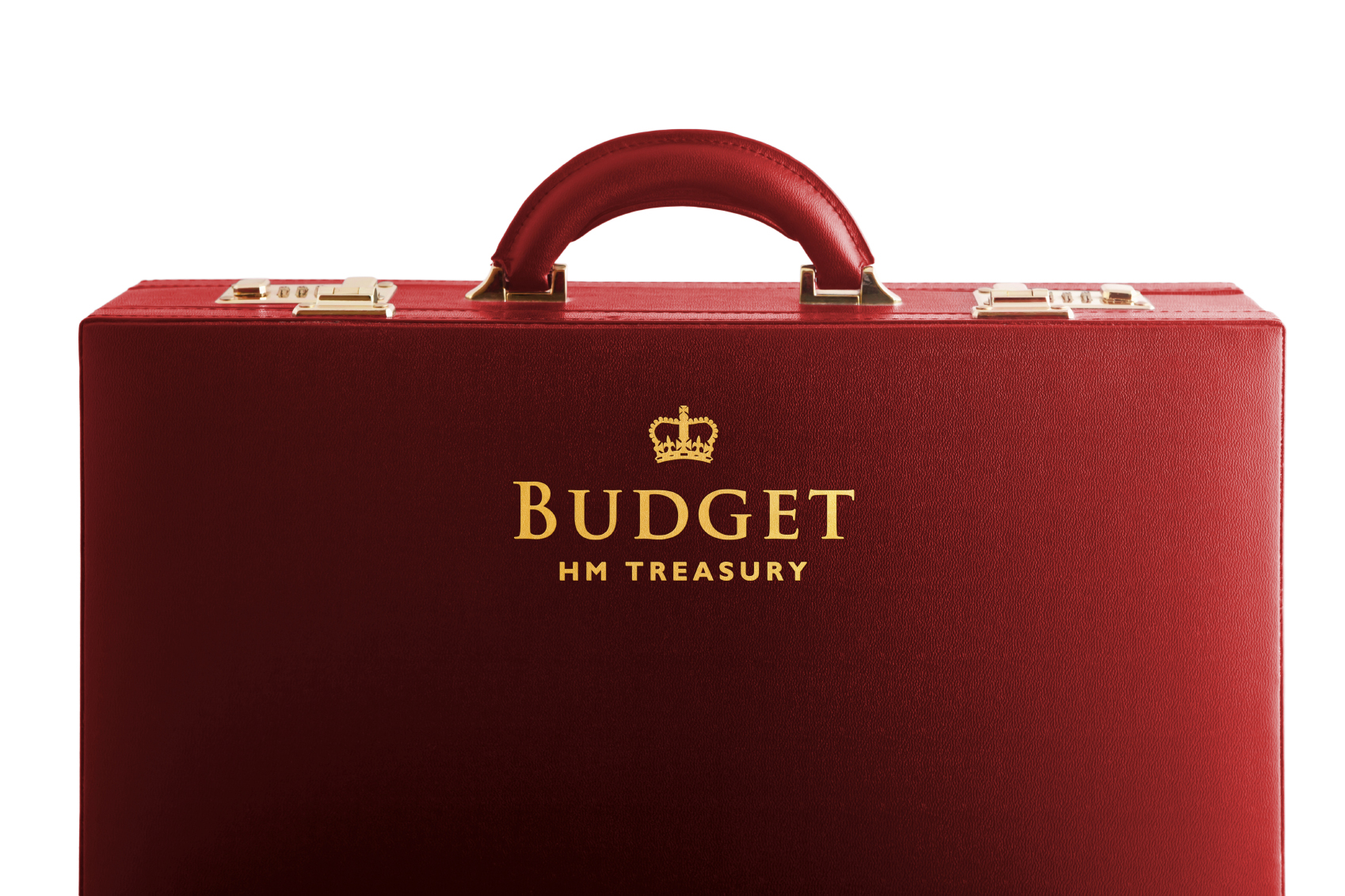The summer budget: what it meant for you
Record learning outcomes
There were a number of measures in the Chancellor’s summer budget likely to be of great significance to small owner-managed businesses like independent pharmacies, say Alison Ward and Will Silsby from the Association of Taxation Technicians.

The £1,000 increase in the employment allowance from £2,000 to £3,000 from April 6, 2016 will be of interest both to businesses with staff and those that operate as limited companies. It will mean, for example, that any business with up to four full-time employees on the new national living wage (NLW) will have no employer’s national insurance contributions (NICs) to pay.
However, the introduction of the NLW itself (also from April 6, 2016) will increase the hourly pay of someone who is currently on the national minimum wage (NMW) by 70p (50p after allowing for the NMW increase in October 2015). Also from April 6, 2016, the employment allowance will not be available for limited companies whose only employee is a single director (e.g. a pharmacy owner who is the only employee of his/her own limited company). Unless anti-avoidance provisions are introduced, it may be possible to plan around this by bringing an additional employee (e.g. spouse, partner, friend or family) onto the payroll.
Dividends
A main headline-stealer was the announcement that the first £5,000 of dividend income will be tax-free from April 6, 2016. This has potential implications for every individual who receives dividends – whether from a publically quoted company or a private company in which they hold all the shares and through which they conduct their professional activities.
In very simple terms, it looks as if a director of a limited company who takes a significant part of his/her income in the form of dividends will have an increased tax liability. If the directors of small trading companies find tax-planning routes for making the most of the £5,000 exemption (e.g. by sharing dividend income from their company across other family members), there might be some swift counteraction in the form of anti-avoidance legislation.
Annual investment allowance
For any business that is anticipating a substantial level of capital expenditure (e.g. a major re-equipping of a premises or the purchase of a vehicle that manages to avoid being classed as a car for capital allowance purposes), the change to the annual investment allowance (AIA) that occurs between December 31, 2015 and January 1, 2016 contains a trap for the unwary. If the business year crosses midnight on New Year’s Eve 2015, the expenditure limit for 100 per cent allowances for the part of the year from January 1, 2016 to the year-end is not the headline figure of £200,000 but just £16,667 multiplied by the number of months in that period.
For a business with a year-end of March 31, 2016, the effective AIA limit for capital expenditure in the period from January 1 to March 31, 2016 is £50,000 but for a year-end of January 31, 2016 it is just £16,667. If in any doubt about how this might impact your business’s entitlement to capital allowances, consult your tax adviser.
Small companies
During 2015/2016, the Office of Tax Simplification (OTS) will be undertaking a review of the taxation of small companies, “focusing on the distortions between the personal and business tax systems†and looking at the complexities facing incorporated small businesses. The OTS will also be undertaking a review of the possible closer alignment of national insurance contributions and income tax.
Travel and subsistence
Of all the everyday matters, the tax treatment of expenditure on travel and subsistence is one of the most confusing for many businesses. No immediate change is proposed in the legislation but HMRC is consulting on proposals to deny tax relief on such expenditure where someone is engaged through an “employment intermediary.â€
The type of situation where this could possibly impact small businesses might be where they operate their business through their own limited company but are engaged to work on an ongoing project on terms that mean they are effectively under the same degree of supervision, direction or control as an employee of the organisation which has engaged their company.
Digital tax accounts
Potentially one of the biggest changes on the tax horizon is not in relation to the calculation of tax but to the way in which taxpayers manage and pay their tax. HMRC’s project Making Tax Easier depends heavily on the harnessing of digital technology to make the reporting of income and the payment of tax as simple and straightforward as possible. The theory is that, by early 2016, five million small businesses and 10 million individuals will have access to their own digital tax account, with all small businesses and all individuals having one by 2020.
The digital tax account should be able to pick up information that is already available to HMRC from existing sources and use it to prepopulate the account. The days of frantically scrabbling through old bank statements in the run-up to the tax return filing deadline date of January 31 to find out whether the interest on a bank deposit account was actually £1.98 or £2.02 should become a thing of the past. A promised feature of the digital tax accounts is that they will enable small businesses to link their accounting software to their personalised tax account and have the option to pay as they go.
- Alison Ward and Will Silsby are technical officers with the Association of Taxation Technicians (atttechnical@att.org.uk)
The change to the annual investment allowance contains a trap for the unwary
